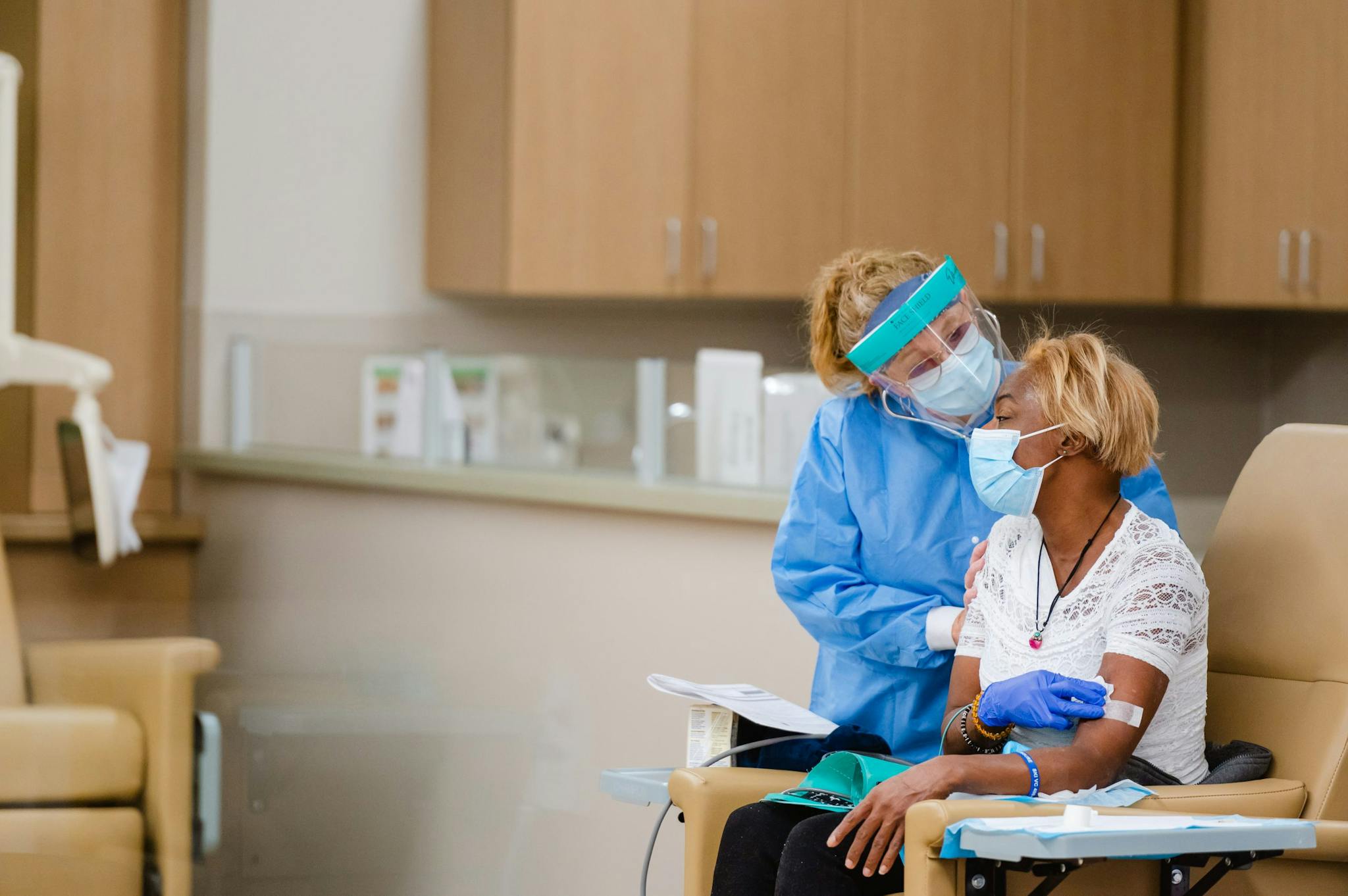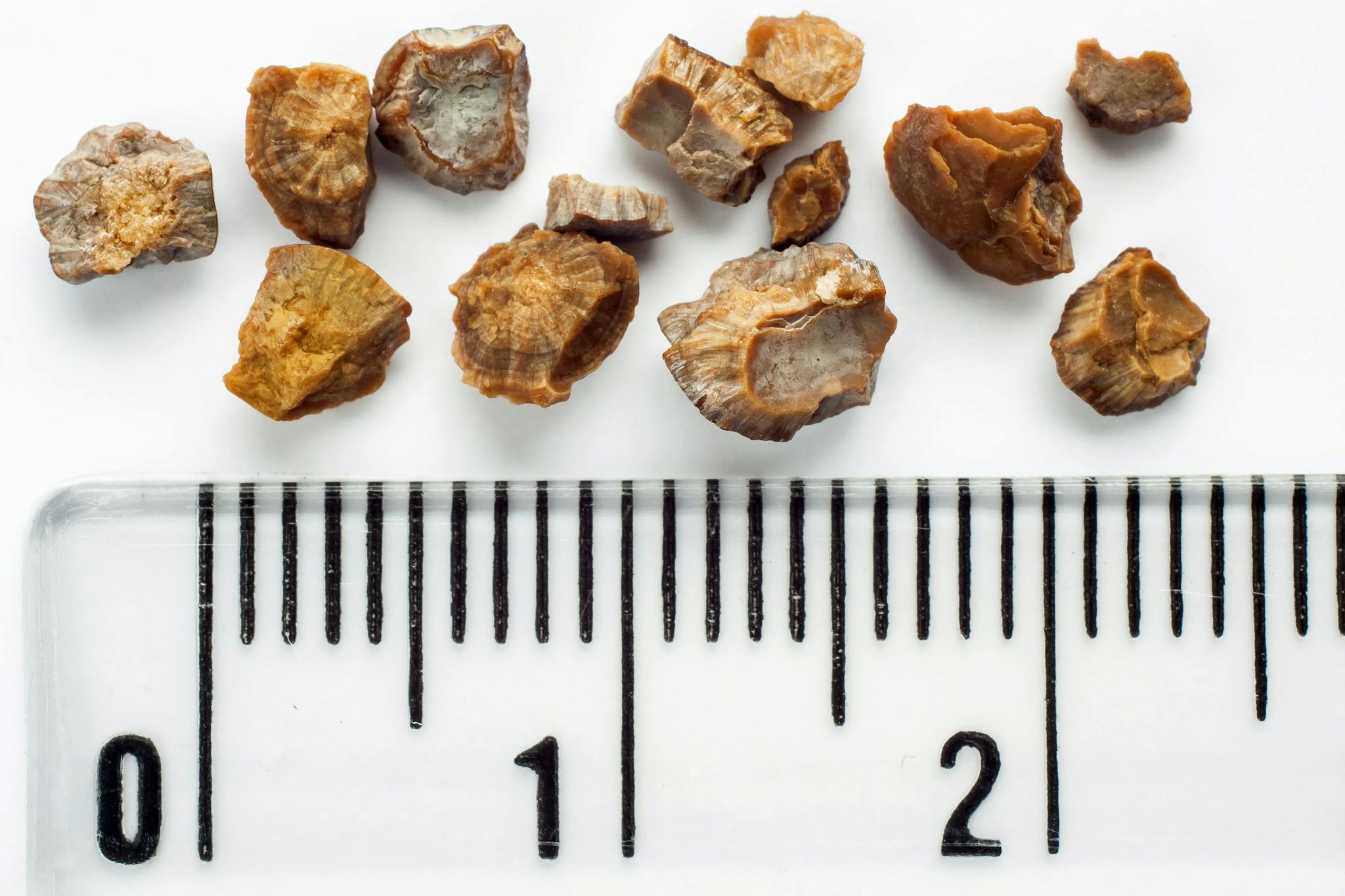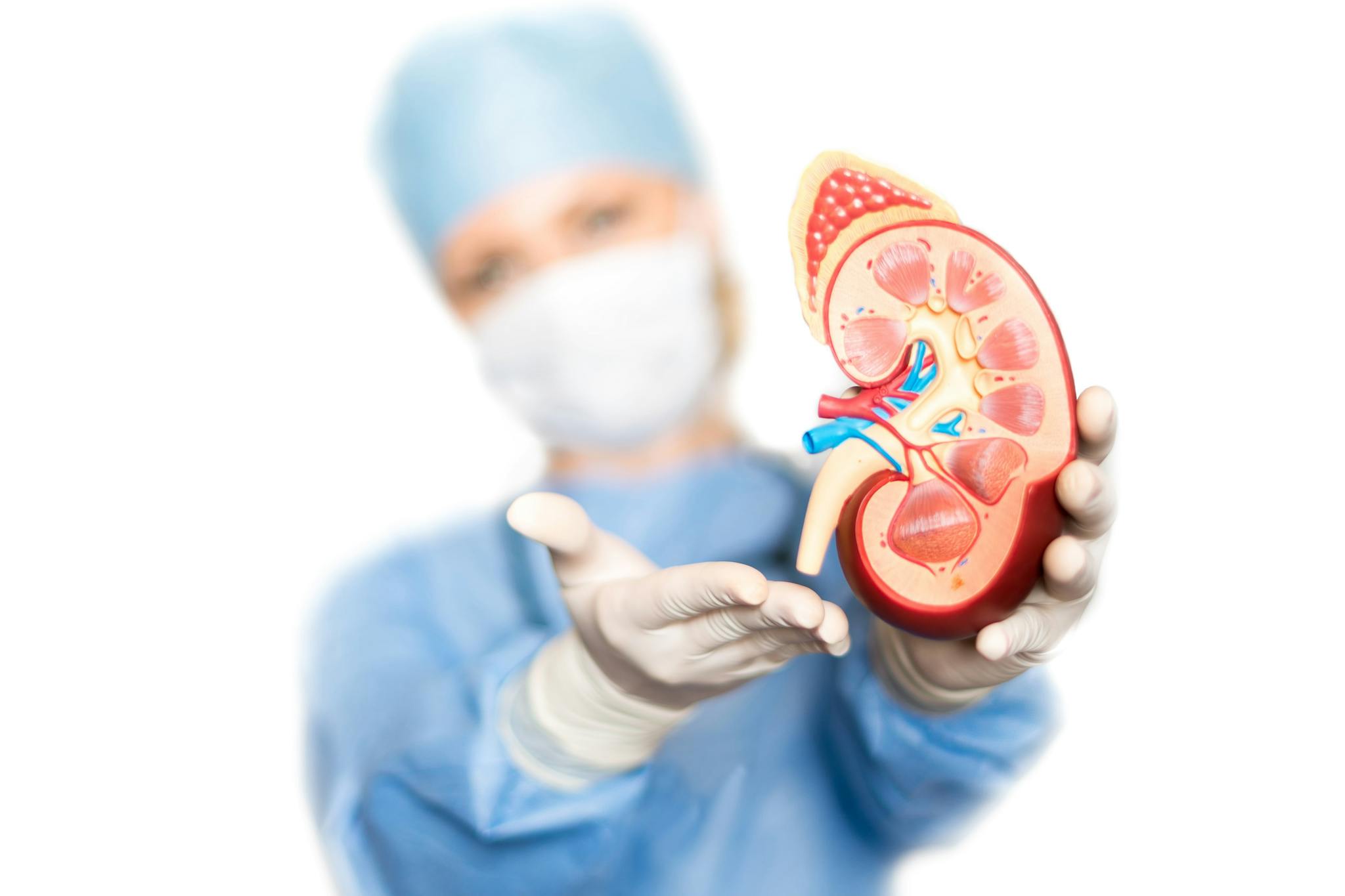
2023-02-15T16:39:02
Understanding Care Coordination & Its Value
- Nephrology
- Value-Based Care
February 1, 2017 | Nephrology
Specialties:Nephrology (Kidney Care)

The kidneys help our body filter and remove the waste it no longer needs. When the kidneys aren’t functioning properly, that waste can build up.
These buildups lead to different complications and conditions, and one of the most common are kidney stones. Kidney stones are tiny, hard deposits of minerals that form inside your kidneys over a long period of time before eventually passing through your urine. Though painful, many cases of kidney stones are harmless. In other cases, though, kidney stones can create bigger problems that require more invasive treatment.
Your urine naturally contains substances that form crystals, but you have fluid in the urine that dilutes them. Kidney stones occur when there are too many crystal-forming substances or if there is not enough fluid in the urine for dilution.
There are several kinds of kidney stones that can develop from this process:
Kidney stones may not show any symptoms right away—most people only notice them when they move around or pass through the urine. Symptoms at this point include:
If any of these symptoms become too serious, or if you can’t function in daily life without severe pain, contact your doctor right away.
There’s no known direct cause of imbalanced fluid and crystal levels in the urine that leads to kidney stones, but there are several factors that have proven to put people at higher risk:
Kidney stones are diagnosed using one or more of several tests:
Kidney stones can be prevented by healthy lifestyle choices and, for some people who are at higher risk, the right medications. Lifestyle changes with kidney stone prevention in mind include:
Medications that can help prevent kidney stones depend on the kind of kidney stones you have:
For people who do develop kidney stones, treatment depends on the size.
Small, Limited-Symptom Stones:
Treatments are limited to things like drinking water, painkillers and alpha blockers – medications to relax the muscles in your ureter and let you pass the stone.
Larger, Symptom-Causing Stones:
In these cases, stones don’t pass on their own and may cause tears, bleeding or infections if they’re forced to pass whole. Some treatments include:
If you’re concerned you may have kidney stones or be developing kidney stones, speak with your doctor about steps to take.
“Kidney stones.” The Mayo Clinic. http://www.mayoclinic.org/diseases-conditions/kidney-stones/basics/definition/con-20024829
“Kidney Stones.” MedicineNet. http://www.medicinenet.com/kidney_stones/article.htm
WRITTEN BY:
The Live Better Team

2023-02-15T16:39:02

2019-10-10T13:34:53

2019-04-03T13:30:08

2018-03-19T11:05:38
This information is not intended to replace the advice of a medical professional. You should always consult your doctor before making decisions about your health.